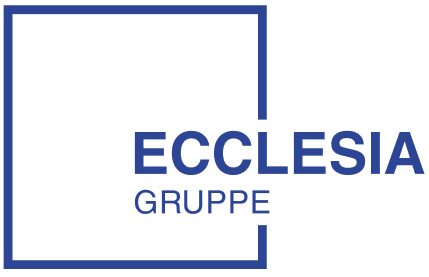
Hospital Transparency Act before adoption
The Bundesrat and Bundestag have temporarily settled the dispute over the Hospital Transparency Act. The law must now be finally passed at the end of March. Meanwhile, Federal Health Minister Karl Lauterbach is getting the hospital reform off the ground. However, new disputes are looming.
More transparency with the Clinic Atlas
The so-called Hospital Transparency Act aims to improve the quality of inpatient care in German hospitals. Patients should be able to better inform themselves about the services and quality of hospitals.
To this end, a “Clinic Atlas” is to be published that contains the services and quality aspects of 1,700 hospitals in Germany. Hospitals will be divided into care levels for this purpose. The data that can be viewed includes, for example, the number of cases of services, the staffing level in relation to the scope of services, but also the rates of treatment errors and complications of selected procedures.
The long road of the Hospital Transparency Act
After the law was passed by the federal government and the Bundestag in September and October, the federal states voted against it in the Bundesrat. They referred the matter to the mediation committee between the Bundestag and Bundesrat.
The opponents of the law argued that the law did not create transparency and represented an infringement of their sovereignty over hospital planning. Union-led states even called for a new version of the law.
Federal Minister Lauterbach had previously tried in vain to smooth the waters with the help of a protocol declaration. The protocol declaration stipulates, for example, that the federal state base values should increase. In addition, a transformation fund is to be set up from 2025. Lauterbach also emphasized that the six billion euros in liquidity support for hospitals can only be disbursed if the law is passed.
After several unofficial rounds of negotiations between the federal and state governments, the mediation committee met on February 21. The bill was adopted by a narrow majority. Lauterbach had previously convinced dissenting SPD states by fleshing out the measures in the protocol declaration.
All's well that ends well?
The core of the agreement is the establishment of a transformation fund starting in 2025. This is to be filled with 50 billion euros within ten years. The federal and state governments will share the costs. In addition, wage increases for all hospital employees will be better reflected in the reimbursement of operating costs in the future.
The SPD-led federal states emphasize that hospitals now have more financial leeway. This will lead to a “tangible relief”. The CDU-led federal states criticized the agreement. They describe the result as a “wasted opportunity” to set the course for hospitals in Germany.
The minister's announcement that the federal portion of the transformation fund would be financed not by tax money but by the health insurance funds' health fund prompted further criticism. The health insurance funds fear a “label fraud”.
The German Hospital Federation describes the results as a “worthless sedative pill” for hospitals. It remains unclear how the structural change in the hospital landscape is to be stopped.
What happens next?
The law is scheduled to be passed by the Bundesrat (Federal Council) on March 22. However, it is still possible that it will be rejected again. However, if the Bundesrat rejects the law again, the Bundestag can overrule the vote and finally pass the law.
Lauterbach will then present new plans for hospital reform. A revised draft bill of the Hospital Quality Improvement and Remuneration Structures Reform Act (KHVVG) is currently being discussed with other federal ministries and the federal states. Lauterbach would like to get the law through the cabinet on April 24, so that it can be passed by the Bundestag and Bundesrat before the end of 2024 and come into force on January 1, 2025.
New dispute looming over hospital reform
It is already clear that the dispute between the federal and state governments will continue. Minister Lauterbach has announced that he does not intend to seek the approval of the federal states for the KHVVG. The federal states will then not be able to block the law – as they can with the Transparency Act – but only delay it. In doing so, he is going against an agreement between the federal and state governments. It threatens the same fate as the Transparency Act. Regardless of the conflict between the federal and state governments, it can be assumed that the pressure from the various stakeholders in the healthcare sector will be very high during the parliamentary deliberations. It is therefore more than unclear whether the law can be passed in time.
Editorial team
